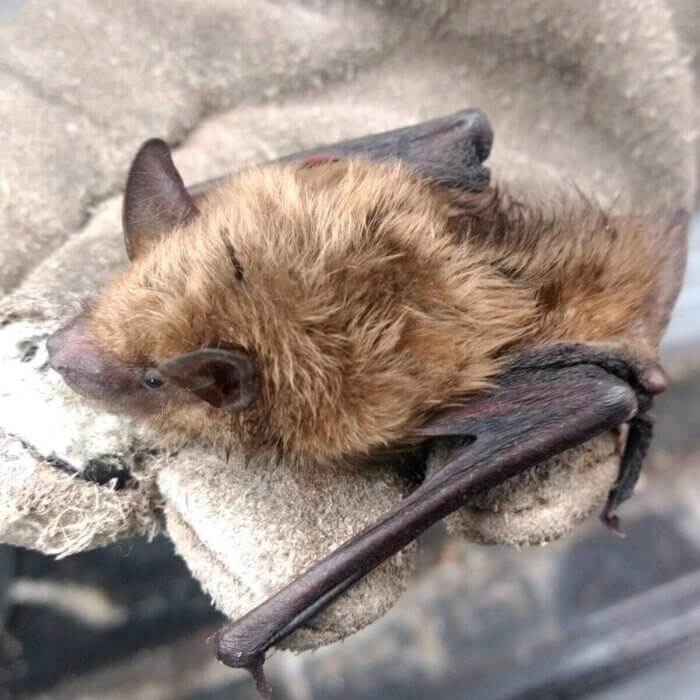While some bats do other bats simply migrate.
Do bats hibernate in attics in winter.
Bats are animals that hibernate during the winter months and will use your home s attic to do it.
However not all kinds of bats hibernate.
If the hibernacula temperature is too warm then they expend too much energy.
Bat bites can also transfer rabies.
Accumulated feces in their roosts may cause the respiratory disease histoplasmosis in humans.
Safe humane removal requires professional expertise and the team at critter control is here to help.
The smell can be overpowering and it can also spread diseases.
Bats can leave droppings called guano all over an attic.
Yes bats do hibernate but it s not the same kind of deep sleep that other animals like groundhogs do.
It s called a state of torpor.
Unfortunately for humans we do not have the ability to hibernate.
Bats begin to hibernate from late fall until spring arrives.
However there are many creatures that do including bats.
Big brown bats have figured out that attics can provide the perfect temperature for survival and have adapted to hibernating in attics rather than caves.
They rarely hang from the ceiling in an attic during the winter because it is too cold.
In ontario big brown bats and little brown bats can use the attic space of a home as their resting place.
Bats often hibernate under insulation to get near warmth from a wall or ceiling.
Unlike true hibernation bats in this state can wake briefly on warmer days and leave their roost to find meals.
According to the national park service bats hibernate to reduce their metabolic heart and respiratory rates.
Because some bats hibernate in attics and outbuildings they can be a problem for people.
But once winter rolls around and the temperature drops the bugs go away resulting in a scarce food supply.
This allows them to survive for long periods without having to eat.

